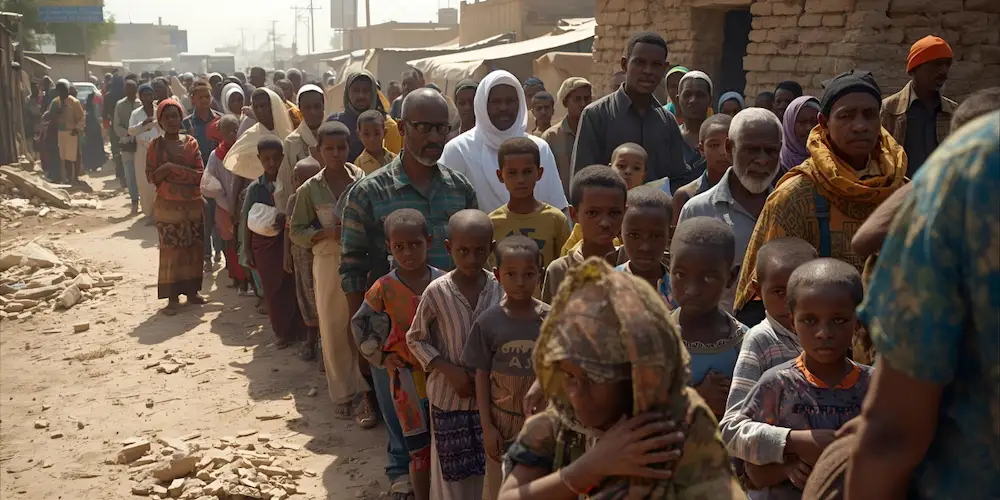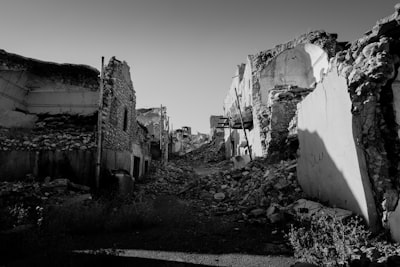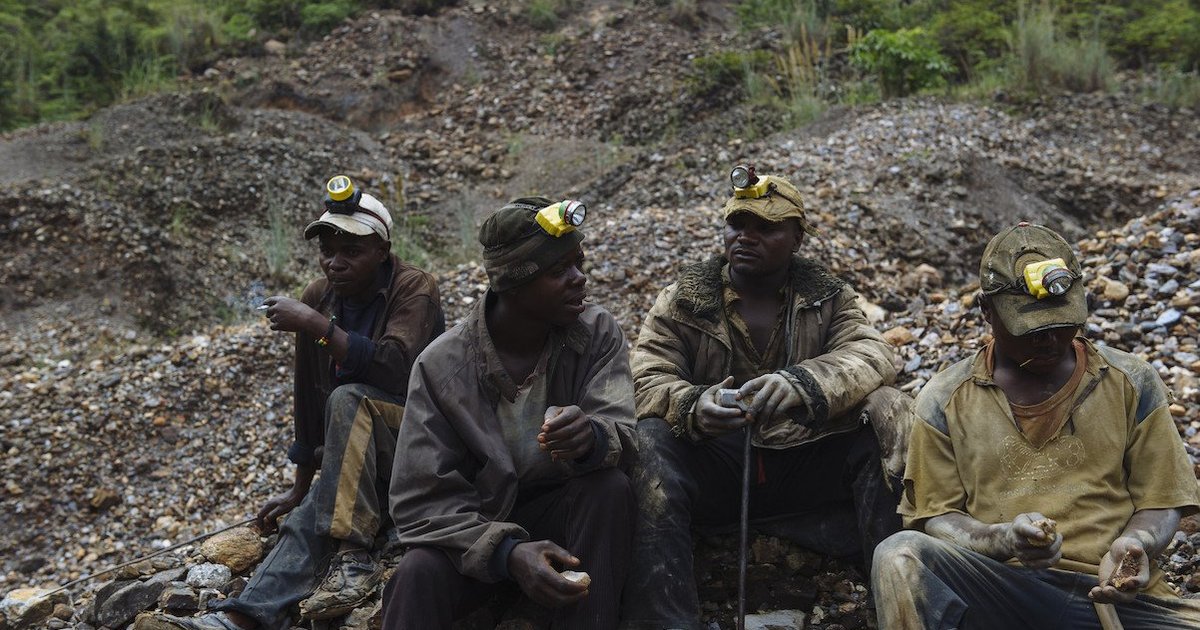Introduction
The city of El Fasher, located in North Darfur, Sudan, is currently experiencing one of the most severe humanitarian crises in the region. Over 260,000 civilians, including approximately 130,000 children, are trapped in the city, facing extreme food shortages and lack of medical supplies due to ongoing sieges and conflict. The situation has been exacerbated by the actions of the Rapid Support Forces (RSF), who have imposed blockades, cutting off essential aid and supplies.
Historical Context of the Conflict
The conflict in Sudan escalated in April 2023, leading to widespread violence and displacement. El Fasher, as the capital of North Darfur, has become a focal point for various armed groups, including the RSF and the Sudanese Armed Forces (SAF). The city has witnessed numerous clashes, resulting in significant civilian casualties and infrastructure damage. The prolonged conflict has disrupted local economies and hindered humanitarian efforts.
Humanitarian Impact on El Fasher
The humanitarian situation in El Fasher is dire. According to UNICEF, since the siege began in April 2024, over 1,100 grave violations have been verified, including the killing and maiming of more than 1,000 children. Additionally, more than 10,000 children have been treated for acute malnutrition, but services have now been suspended due to lack of resources and ongoing conflict. The World Food Programme (WFP) has been unable to deliver food assistance by road for over a year, leaving residents with limited access to essential supplies.
For more detailed information, refer to the UNICEF report on the food and nutrition crisis in Sudan.
International Response and Challenges
International organizations have been working tirelessly to provide aid to the people of El Fasher. However, their efforts are hampered by ongoing conflict and restricted access. The European Union and other international donors have issued statements urging for immediate humanitarian assistance and the lifting of sieges to allow aid delivery. Despite these calls, the situation remains critical, with limited progress in alleviating the suffering of civilians.
For insights into the international community’s response, see the Joint Donor Statement on the situation in and around El Fasher.
Local Resilience Amidst Adversity
Despite the overwhelming challenges, the residents of El Fasher have shown remarkable resilience. Community leaders and local organizations continue to provide support where possible, organizing communal kitchens and sharing limited resources. However, these efforts are insufficient to meet the growing needs of the population. The spirit of solidarity remains strong, but the lack of external support threatens to erode these communal bonds.
Future Outlook and Recommendations
The future of El Fasher hinges on the resolution of the ongoing conflict and the restoration of humanitarian access. It is imperative for all parties involved to prioritize the well-being of civilians and allow for the unimpeded delivery of aid. International pressure and diplomatic efforts must intensify to ensure that the people of El Fasher receive the assistance they desperately need.
Conclusion
The humanitarian crisis in El Fasher serves as a stark reminder of the devastating impact of conflict on civilian populations. Immediate action is required to address the dire needs of the people trapped in the city. The international community must come together to provide support and work towards a peaceful resolution to the conflict, ensuring that the residents of El Fasher can rebuild their lives and communities.
For more updates , click here.




